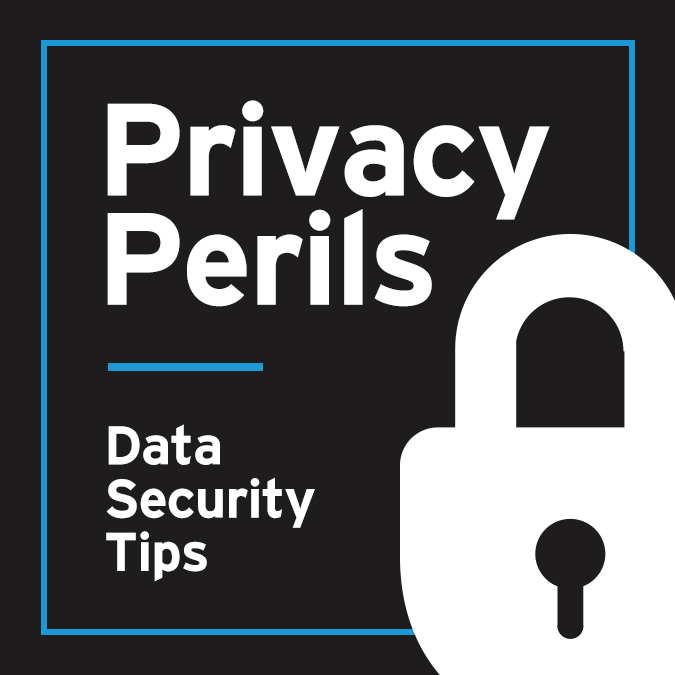While many of us know that companies have been using data gathered from GPS trackers to target advertisements toward individuals, the marketing industry recently has turned its focus toward a much more inconspicuous tool: Bluetooth beacons. These Bluetooth beacons recently have been placed in airports, shopping smalls, sporting arenas, hotels, museums, and retail stores around the world to track millions of individuals each day. The beacons function by emitting one-way messages to nearby devices, which can be detected by apps on your phone. Once an app recognizes the beacon, it sends certain information back to a company’s server, including which products you walked past in a store and which products caused you to pause, thus allowing for targeted advertisements for products you seem likely to buy.
With a much more accurate range than GPS trackers (typically a radius of 16 feet), Bluetooth beacons can track your location accurately within a range of inches. But for companies to offer you a Tropicana coupon when you are paused in front of the orange juice section, or to provide an offer for a seat upgrade while you are attending a sporting event, the companies using Bluetooth beacons need an app on your phone that will be recognized in the store or in the arena. While this may be as simple as the Target app having technology that interfaces with Target’s in-store Bluetooth beacons, an entire industry of third-party “location-marketing” firms has popped up as well. Even if you do not have a particular retail store’s app on your phone, the location marketing firms are able to embed beacon tracking into a toolkit that any app developer can use, thus placing beacons within apps that are wholly unrelated to a particular store or location.
Unsurprisingly, this “beacosystem” does not exist without the presence of some of the usual suspects from the tech world. Both Facebook and Google have introduced beacon products, sending beacons to businesses for use with Facebook and Google advertising services. Apple also created a product called iBeacon in 2013 that similarly allows companies to target consumers in stores.
Although no solution is a perfect fix for the influx of Bluetooth beacons, there are a few steps that you can take to protect your information:
- Delete any apps (especially those from retailers) that you do not need or use.
- For those apps that you wish to keep, shut off location services and Bluetooth where they are not needed.
- If you wish to discover where there may be Bluetooth beacons in a particular location, the following apps can scan for them: BLE Scanner (free; available for iOS and Android), Blue Hound ($1.99; iOS only), and Beacon Scanner (free; iOS only). Note that these apps merely determine the location of beacons, and the next step – disconnecting from the Bluetooth connection – is one that you must take on your own.
- Unsubscribe from marketing emails that you do not read or use.
 Check out our series, Privacy Perils, to learn what steps you can take to guard your personal and company data. For more information about this topic and other cyber security concerns, please contact a member of our Privacy & Data Security team.
Check out our series, Privacy Perils, to learn what steps you can take to guard your personal and company data. For more information about this topic and other cyber security concerns, please contact a member of our Privacy & Data Security team.


